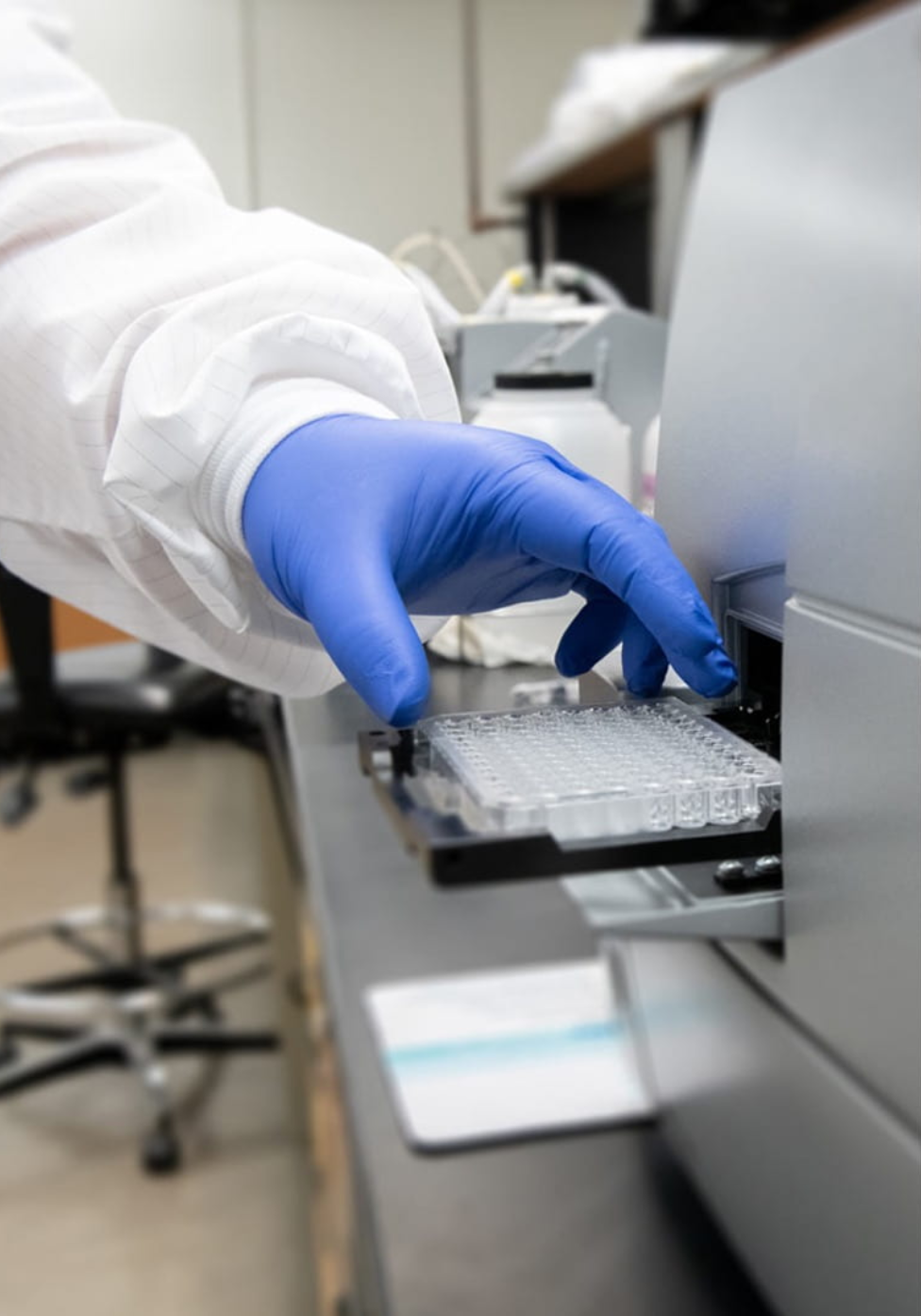
The Centre County COVID-19 Data 4 Action Research Project is continuing to study the impacts of the coronavirus pandemic in Centre County. After adult community members took an online survey about the impacts of the pandemic , they were presented with an opportunity to take part in follow-up research studies, including blood, saliva, and hair samples to test for the presence of antibodies to COVID-19. Meanwhile, student participants also completed a survey and provided blood, saliva, and hair samples. The second wave of biological testing is ongoing, and researchers are encouraging participants to continue in the study, even if they have received their vaccination for COVID-19.
Analysis of the community survey was previously published and can be found here.
Currently, researchers are assessing approximately 1,000 student surveys. Preliminary results reveal that 38% of students are following the majority of mitigation efforts to control the spread of the virus, such as washing hands, wearing a mask, avoiding touching their face, staying home and avoiding crowds. Approximately 29% of students are practicing some of the mitigation behaviors, while 17% practice all but social distancing and avoiding crowds. About 15% of students surveyed were practicing none of the mitigation behaviors.
For both community members and students, staying six feet away from others in public was the least adhered to mitigation behavior.
Community members and students are also participating in biological testing to determine the presence of antibodies to COVID-19. Researchers are currently scheduling the second wave of sample collection to document changes to exposure of the virus over time.
Along with antibody testing, cortisol is being evaluated from participants’ hair samples. Cortisol is a stress hormone that helps regulate—among other things—mood and fear. It also affects health, including the ability to sleep and blood pressure. Elevated cortisol levels over time have been linked to depression, digestive concerns, and other health problems.
By studying hair samples, researchers can obtain a retrospective look at recent stress levels. Researchers will examine cortisol levels and compare them to stress levels that study participants reported in surveys. This will demonstrate how people perceived stress and experienced it biologically during the pandemic. By learning the immediate, and possibly long-term, effects of a pandemic on stress and cortisol, we may be able to prepare for stress-related health issues related to the pandemic.
Additionally, the hair sample study has involved undergraduate students—many of whom were struggling to acquire clinic experience due to the number of opportunities that disappeared in 2020—in ways that account for each undergraduate’s safety and level of comfort with human contact.
Researchers are hopeful that the combined data from both cohorts will enable them to assess the spillover of SARS-CoV-2 virus from the transient Penn State student population to permanent residents of Centre County.